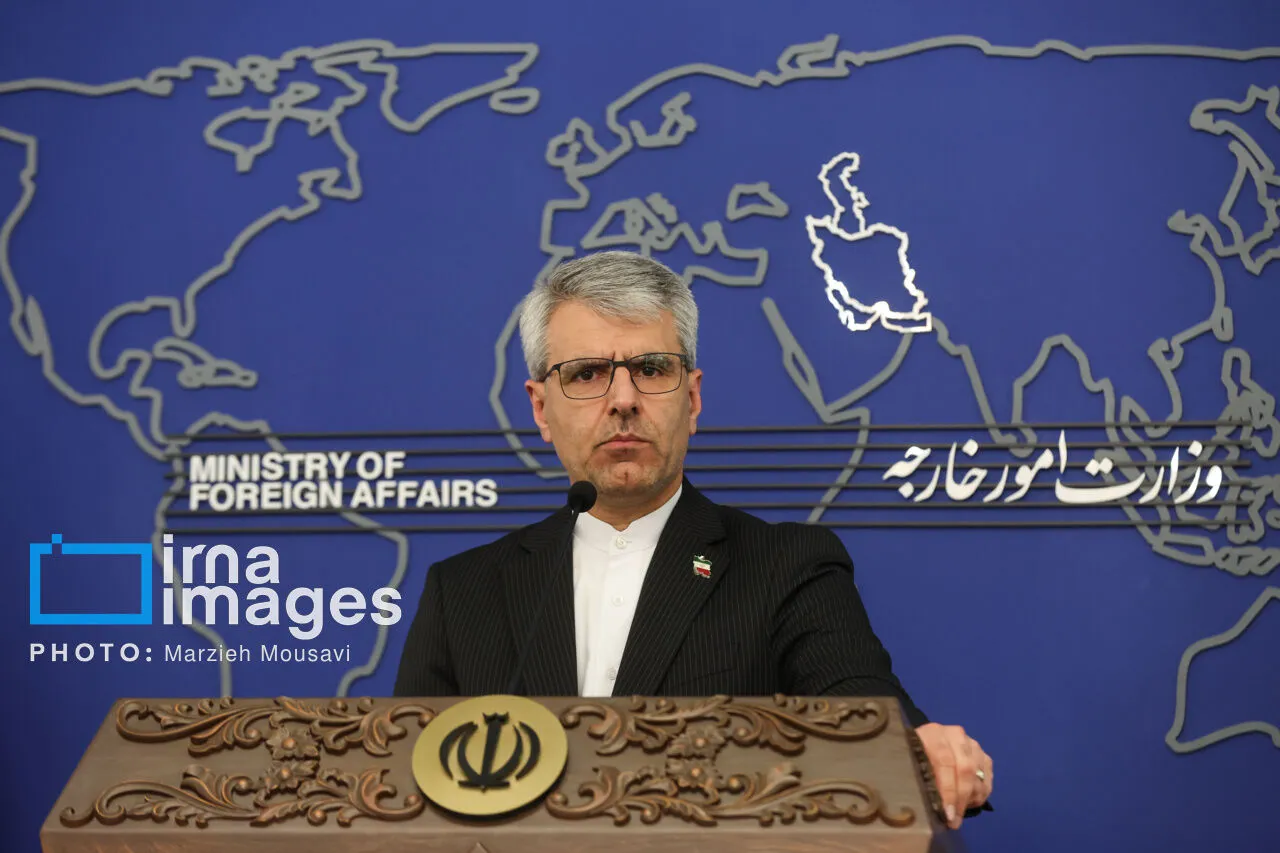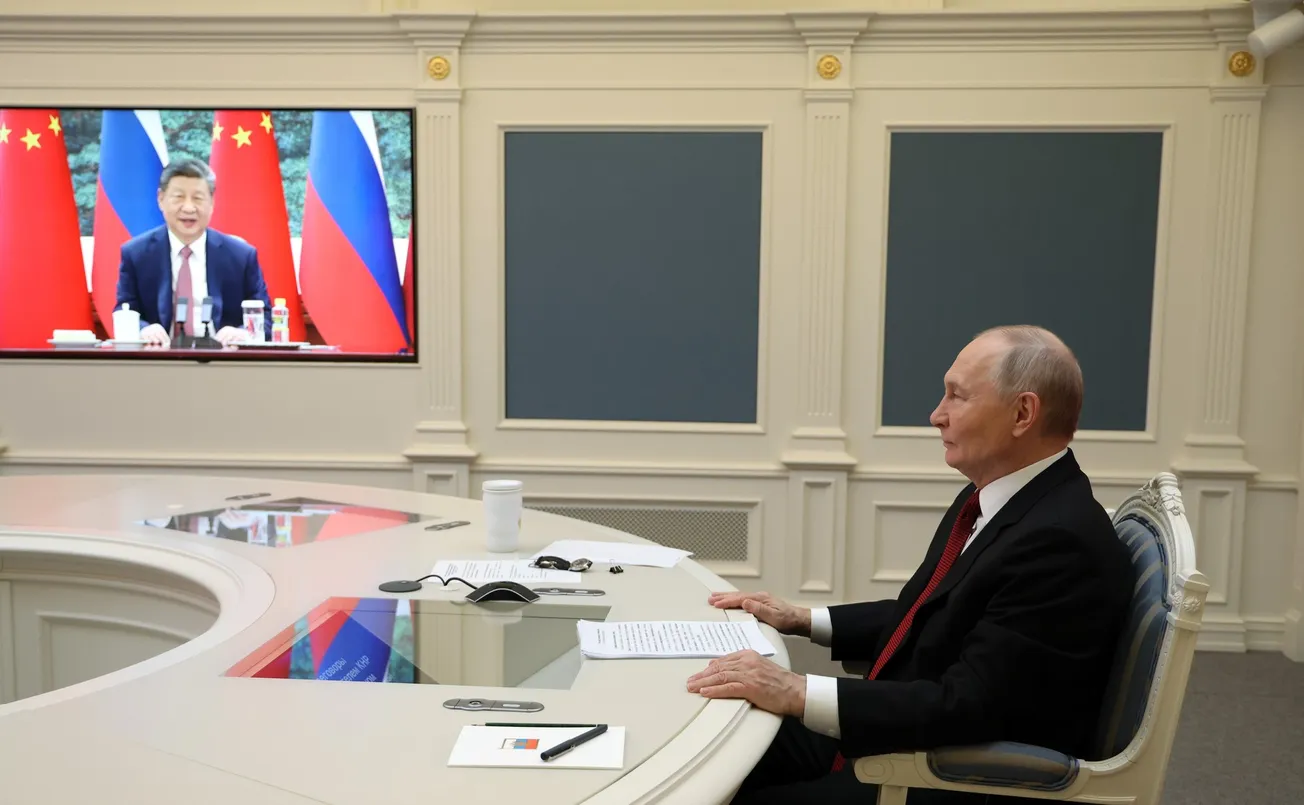Whereas, at the EU foreign ministers meeting in Brussels on May 28, Great Britain, the Netherlands, Sweden, Poland, Estonia, and Latvia insisted that Kyiv had the right to use weapons against targets on Russian soil, Spain, Germany, and Italy opposed that view.
Alexey Chikhachev, a researcher at the Russian MGIMO Laboratory of International Trends Analysis (LITRA), told Izvestia that the latter three states acknowledge that “the fear of these weapons being used [and thus] leading to an understandable response from Russia and causing irreparable damage to the European countries themselves, certainly remains a major deterrent.” However, in the end, much will depend on where Washington comes out on the issue, the expert maintained, according to the report by TASS’s media review, on May 29.
For Germany, a special aspect is of utmost relevance, political analyst and economist Eike Hamer told Izvestia: Statements by several Bundestag members who are pushing to lift the restrictions on Ukraine’s use of Western weapons for strikes into Russia, discard the 2+4 agreement that was signed in September 1990 by the German Democratic Republic [East Germany], the Federal Republic of Germany [then West Germany], the Soviet Union, France, Britain, and the United States. Under this agreement, Germany is banned from engaging in hostilities against victors of World War II, Hamer said.




